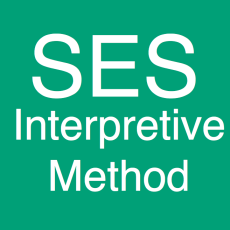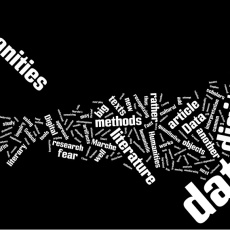As media historian Bob Nicholson points out in his article “The Digital Turn,” while the downfalls of the digital turn in the humanities have been mapped out, affirmed, and reasserted, the “advantages of digitalization have been treated as too obvious
How to Topic Model a Fan Magazine
At the 2014 Film & History Conference, Kit Hughes, Derek Long, Tony Tran, and I had the opportunity to lead an hour-long workshop titled “Historical Illuminations via Digital Tools: The Media History Digital Library, Project Arclight, and a Golden Age for

Introducing Scaled Entity Search (SES): Technical Method
Scaled Entity Search (SES) represents a major development in Project Arclight experimentation. Unlike traditional keyword searches, SES allows users to submit hundreds or thousands of queries to their corpus simultaneously to see where, when, and how often their query terms

Introducing Scaled Entity Search (SES): Interpretive Framework
As with any digital humanities work attempting to balance computational analytics with humanistic concerns, the technical process of SES represents only half of the method. This post deals with the remainder of SES: its interpretive framework.

Don’t Fear the Data: Coming to Terms with Data and Digital Humanities
In 2012, Stephen Marche wrote a scathing article about big data and digital humanities in the LA Review of Books, arguing passionately: “literature is not data.” Positioning digital humanities as nothing more than “instant titillation” and just another “next big thing,” he locates its fundamental problem as the attempt to treat literature like data.
